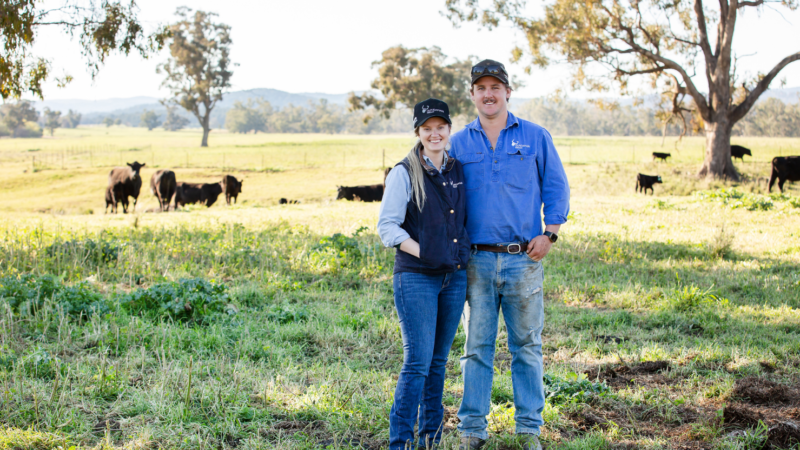Sober in the Country (SITC) is a grassroots not-for-profit pioneering radical change and social impact…
Preparing for the mass commercial adoption of drone technology in Australia
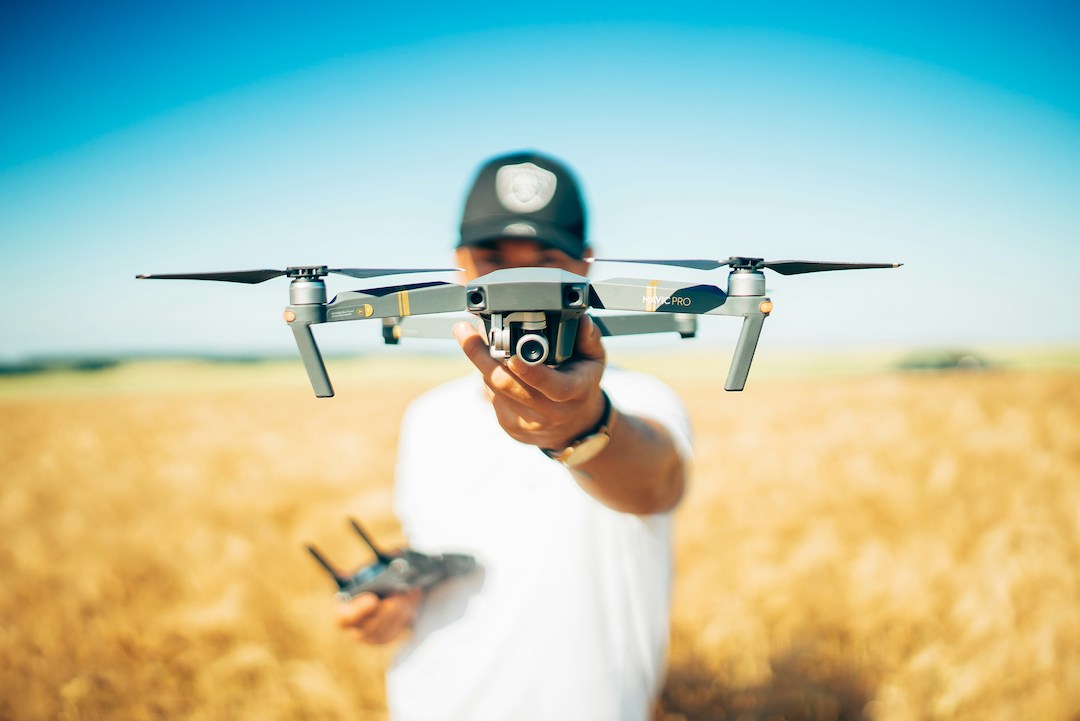
A major drone company has been granted area approval in a move that will support mass commercial drone adoption across Australia.
Sphere Drones, a major Aussie drone technology company, has recently received a Beyond Visual Line of Sight (BVLOS) Area Approval for a site near Wagga Wagga, granted by the Civil Aviation Safety Authority. This approval will allow Sphere Drones to spearhead the adoption of commercial drones in businesses across Australia, boosting the economy and streamlining commercial operations in several vital industries.�
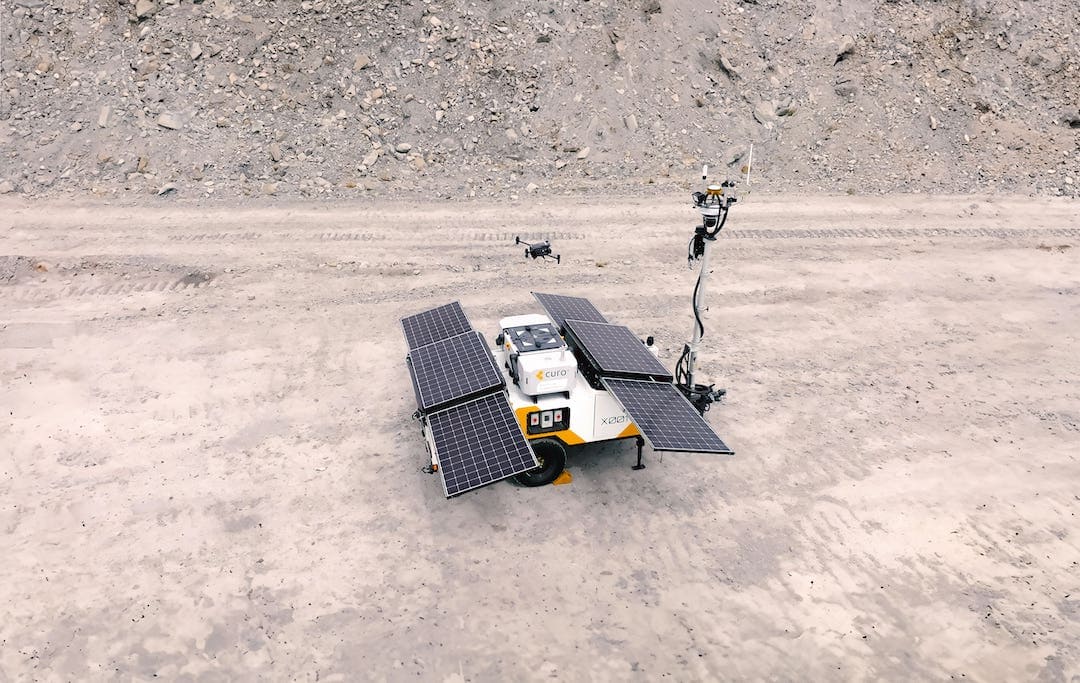
Unpacking drone technology
According to Airservices Australia, commercial drone flights are predicted to increase by 20 per cent every year, resulting in 60 million flights by 2043. This leap has been aided by development in the industry, partly in response to the challenges of the COVID-19 pandemic. While technological barriers previously limited industry capacity, recent prototypes and tests highlight the headway being made in drone manufacturing.�
According to the report, �drones are mostly used in the agriculture and mining industries, and for surveying properties.
�Industry growth will be enabled by continued incremental technology advances like increased battery life and payloads that help overcome Australia�s unique challenges of population dispersion and geographical scale.�
Airservices Australia estimates that by 2043, farmers will have made 500,000 drone flights to monitor and support their crops, the mining industry will be responsible for half a million flights, and over 3.5 million flights will monitor protected areas, coastline and wildlife. This highlights the massive potential in the industry, supported by the BVLOS approvals which allow for increased drone operations across the country.
In another report, published by the National Centre for Transport and Mobility Research alongside the University of South Australia, it was found that several industries would greatly benefit from increased drone use. In fact, the emergency services sector would see a productivity increase of 10 per cent by adopting drones, resulting in a $460 million net boost to the national economy. Drones can also improve delivery and transport services in hard-to-access communities.�
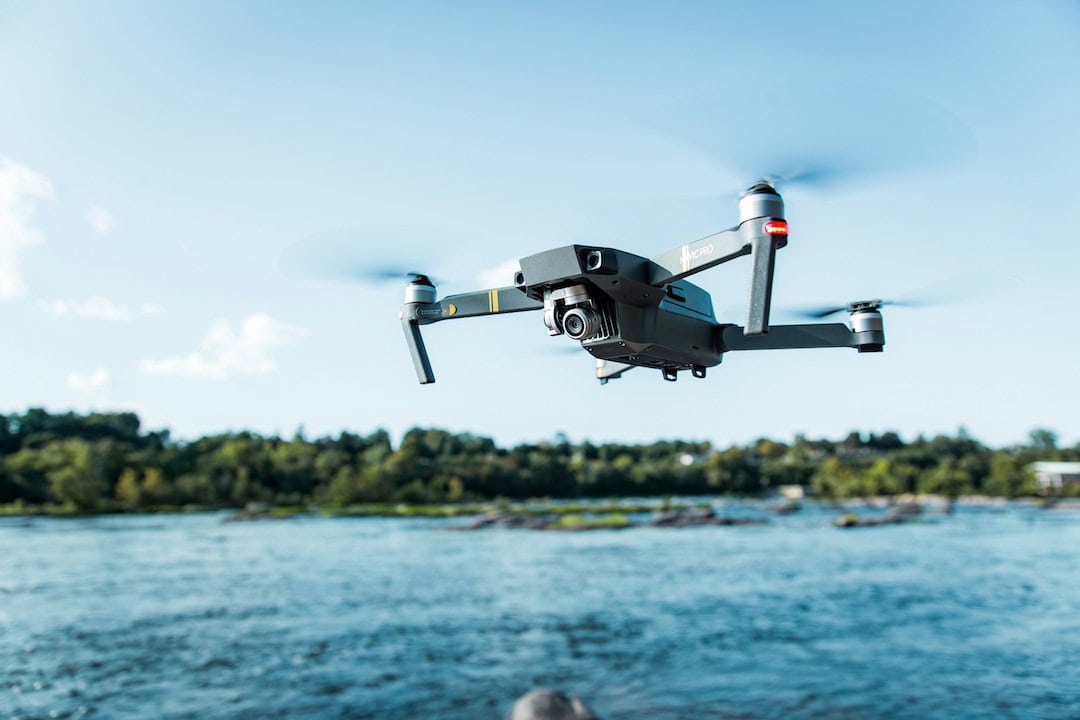
Infrastructure, Transport, Regional Development and Local Government Minister Catherine King says that embracing drone technology could result in significant benefits.
�Drones present unique opportunities for a range of different sectors to operate more cheaply, safely and in an environmentally friendly way,� she explains.
�This includes in life-saving sectors such as emergency services and disaster management, where drones have the potential to help us undertake critical functions such as early fire detection � while unlocking productivity gains and economic growth.�
Implications of BVLOS approval
In the past, drone operations have required spotters or trained observers to remain on-site for the duration of the work. However, the recent BVLOS approval for Sphere Drones means more freedom for companies to employ drones in their services, while also allowing businesses in industries such as mining, agribusiness, utilities, emergency services and construction to gain BVLOS approvals more quickly. This will increase drone operations, meaning businesses will see sustainable efficiency gains and cost savings on major operations.
Chief Remote Pilot of Sphere Drones, Elliot Cummins, says �it�s a big step to obtain your first BVLOS approval which includes extensive processes and procedures to prove safety and sufficiency in your technology solutions and redundancies.
�It�s fantastic news for us as a business, our clients and the wider industry. We�re proud to have achieved this approval, it�s the first of many to come.�
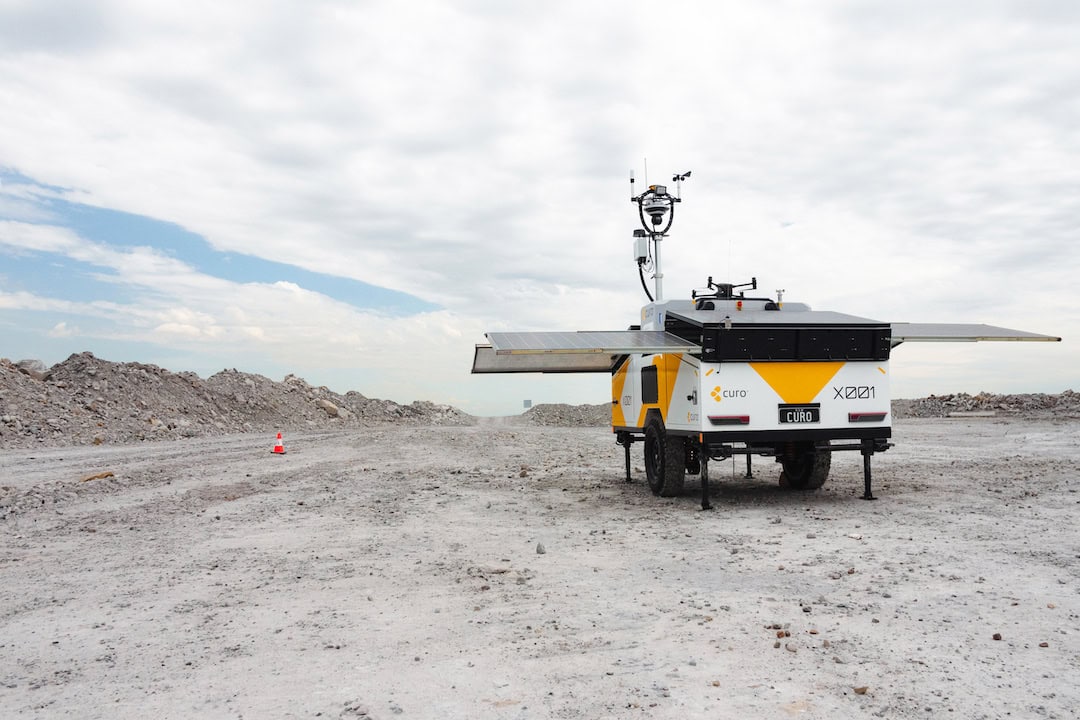
Sphere Drones will focus on using its HubX technology in drone operations over the coming months. This self-sustaining, off-grid mobile drone platform captures aerial data in hard-to-reach locations typically found in mining, agribusiness and emergency response. It uses solar technology to reduce carbon emissions, and is designed to withstand the harsh Australian climate.
Data from the Airservices Australia report reveals that 70 per cent of industry respondents are excited by the potential of expanding drone operations as a means of revolutionising industries and streamlining workloads.�
According to Sphere Drones, �as Australia embarks on this skyward journey, the commercial drone industry is set to redefine not just the nation’s airspace but also its approach to logistics, environmental conservation, and technology adoption.�
To learn about the roadblocks faced by electric vehicles in the bush, click here.






